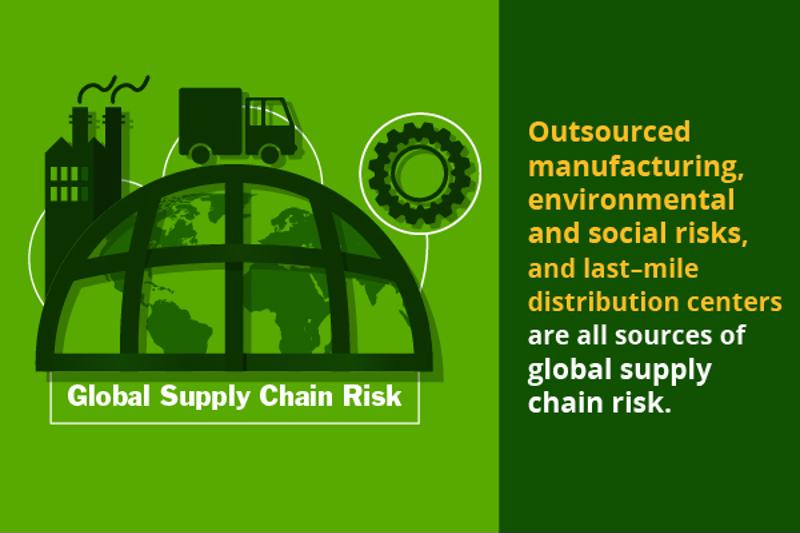Today’s global marketplace continues to grow in complexity. Products are coming from different locations and traveling along myriad paths – from ideation to the customer’s doorstep – and being able to actively manage expanding supply chains is a critical requirement if companies are going to remain competitive in this ever-changing landscape.
Budgetary concerns
One important consideration for expanding the supply chain is, of course, budget. As the supply chain grows, so too do costs, and managers need to be aware. For instance, according to Press Trust of India, e-commerce company Snapdeal spent $300 million in the last 18 months to support its growing operational infrastructure in response to a year-over-year increase of nearly double the daily shipment volume.
“We have seen a significant increase of 1.9 times in shipment volumes,” said Snapdeal chief customer experience officer Jayant Sood. “This is on account of increase in assortment on Snapdeal from 12 million to 35 million over the year. We have also expanded our seller base which helped increase shipments.”
This is great for business – but if operations managers don’t know how to deal with this kind of growth, it could be bad news down the road.
Risk management
Part of supply chain management in today’s complicated landscape is being able to accurately assess – and then navigate – the risks involved. Supply & Demand Chain Executive Vincent Spadafora noted that complex supply chains often come with lots of moving parts and demand fluctuations. Outsourced manufacturing, environmental and social risks, and last-mile distribution centers are all sources of global supply chain risk.
 There are several sources of supply chain risk for global companies.
There are several sources of supply chain risk for global companies.All the data
In light of the aforementioned budgetary concerns, supply chain managers have a lot of information at their fingertips that can help them determine what the best course of action would be in the long run for their supply chains. They need to be able to answer questions such as the following:
- How much inventory should they keep on hand at the production facility?
- How large are shipments now? How large will they be next year?
- How much is the expansion going to cost in the long term?
- Do they have the right people to make the right decisions?
The answers to these questions lie in analyzing the information available about current operations. One of the most important challenges facing supply chain managers is the amount of data they have to sift through constantly in order to make sure their operations are efficient, effective and budgeted correctly.
Industry Week contributors Bart Kelly and Mike M. Varney noted that it’s crucial for companies to have specific insights on all of the various elements in their supply chains – not just cost metrics. Data-driven decisions make it easier to ensure the success of all the moving parts of a complex operation – from project inception to delivery.
When you partner with the supply chain experts at Inspirage, you don’t have to worry about keeping up with your expanding supply chain. Our knowledge of specific Oracle technologies and analytics tools – like Oracle Global Trade Intelligence – can help you bridge the gap between your data and your supply chain. Contact Inspirage today to learn about how our expertise can give you the boost you need.